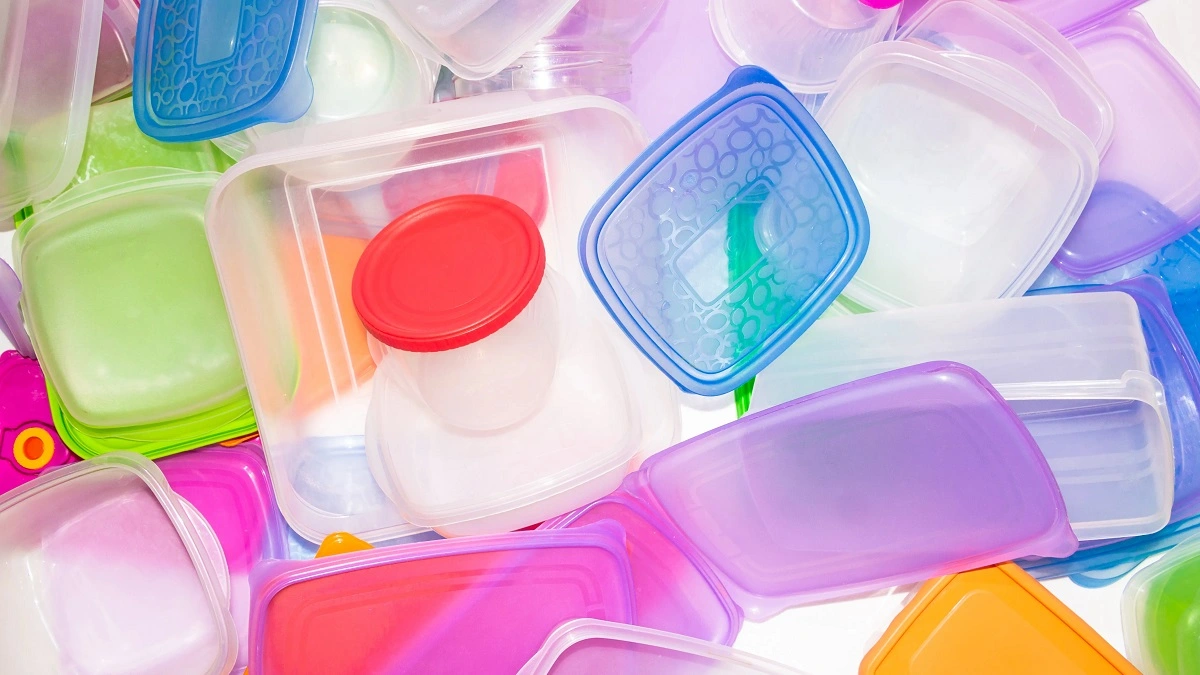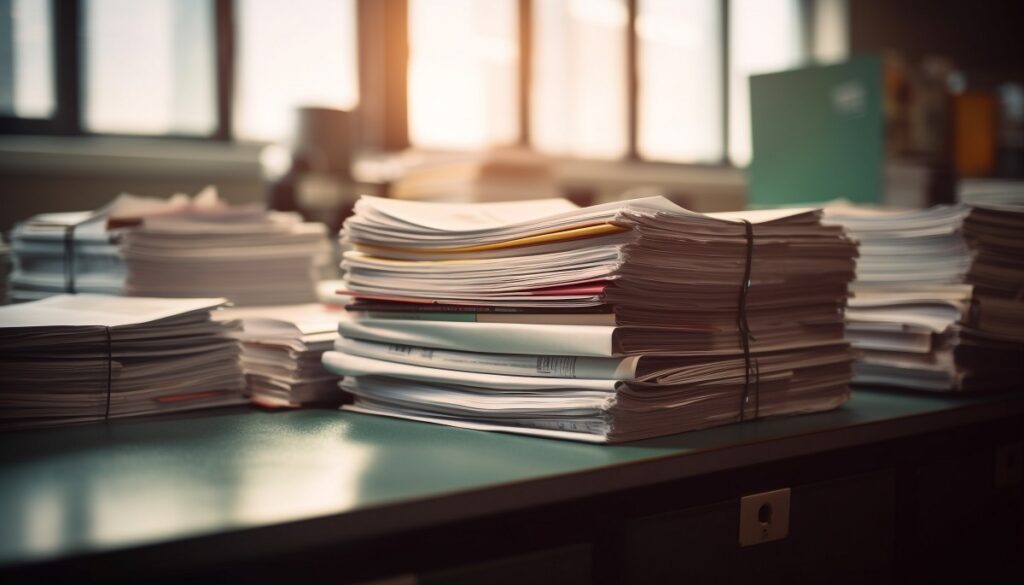7 Things You Should Never Store in Plastic Containers

Let’s admit it: Plastic has become an integral and unfortunately inseparable part of our lives. Whether it’s a routine trip to the local grocery market or picking up food from a nearby restaurant, everything is carried and served in plastic. Additionally, plastic containers are the number one choice for home organization. Plastic is simply everywhere.
But did you know that, despite their ubiquity, some items should never be stored in plastic containers or bins? The main reason is that plastic can trap moisture, absorb odors, and also be affected by temperature changes, which can cause items to degrade or pose health risks. In this blog, we will list at least seven such things that should never be stored in a plastic container.
Fresh and Dried Foods
Avoid storing fresh or dried food in standard plastic containers or storage boxes. Plastic is sensitive to changes in temperature, which leads to the growth of mold and mildew over time. Additionally, plastics can absorb food odors and leach harmful chemicals into items. Experts recommend using glass containers for long-term storage, which will keep food fresh without affecting the taste. Alternatively, choose food containers made from materials specifically designed for food storage.

Pet Foods
Avoid storing pet food or kibble directly in a plastic container, as the plastic can absorb oils from the food, causing rancidity over time. Instead, it is recommended to use a plastic container large enough to hold the original pet food bag. This prevents direct contact between the food and the plastic, maintaining the overall quality of the food and ensuring a satisfied meal for your pets.

Clothes
Avoid storing delicate and natural fabrics such as cashmere, wool, and lace in plastic containers, as they can trap excess moisture, create a musty smell, and become damaged. Use breathable fabric storage bags instead. These bags come in a variety of sizes and colors to suit your needs.

Leather Items
Avoid storing leather items such as jackets, handbags, or shoes in plastic containers, as excess moisture trapped in the plastic can damage the leather over time and cause cracks, mold, or mildew. Choose breathable storage solutions such as dust bags for smaller items or durable dust-proof garment bags for larger items of clothing. Keep leather items separate during storage to prevent oil transfer and possible contamination of nearby items. This will keep your skin dry, fresh, and in good condition.

Important Documents
Some of us have a habit of laminating important documents and storing them in plastic containers. Keeping important documents or family photos in plastic wrap or boxes is not recommended due to potential moisture issues due to temperature fluctuations. This can lead to fading or discoloration, especially if the storage is not airtight or waterproof. It is recommended to keep a backup or digital copy of important documents in case of damage.

Electronics
Do not use plastic containers or bins to store old electronic devices or unused batteries, as they can generate static electricity and potentially damage sensitive electronics or cause batteries to leak. Choose antistatic packaging or boxes specially designed for electronics. Store old electrical items in a cool, well-ventilated area. Consider recycling, donating, or selling your old computers and devices for responsible disposal.

Artwork
Avoid storing expensive artwork or rare photographs in plastic storage containers, as improper conditions can lead to warping, fading, or serious damage over time. Instead, use durable vinyl bags specifically designed for storing artwork. These bags are not only durable but also waterproof and provide protection for your valuable collectibles.

We hope you find this short post useful. Please continue to visit our blog section regularly for similar content.
Also check: The simple 5-minute breathing exercise that will keep you happy (and it’s even better than mindfulness!)
